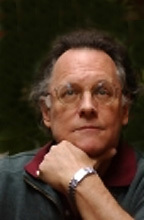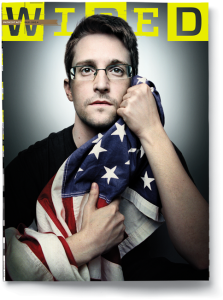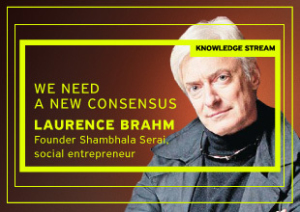Order Out Of Chaos: The Doctrine That Runs The World
EXTRACT
The end result of World War I was the creation of the League of Nations and the argument that sovereignty leads to disunion and catastrophe. World War II led to the creation of the United Nations and the International Monetary Fund. I believe that a third world war is nearly upon us, one that may involve weapons of monetary destruction more so than weapons of mass destruction. Each supposed disintegration of global unity has eventually led to greater centralization, and this is something the skeptics seem to forget. The progression of crises suggests that the next war will lead to total globalization under the dominance of a minority of elitists posing as “wise men” who only wish to bring peace and harmony to the masses. In the meantime, the skeptics will continue to mindlessly debate in the face of all reason that the whole thing was a fluke, an act of random mathematical chance, leading coincidentally to the one thing the establishment rulers crave: total global totalitarian micromanagement.






